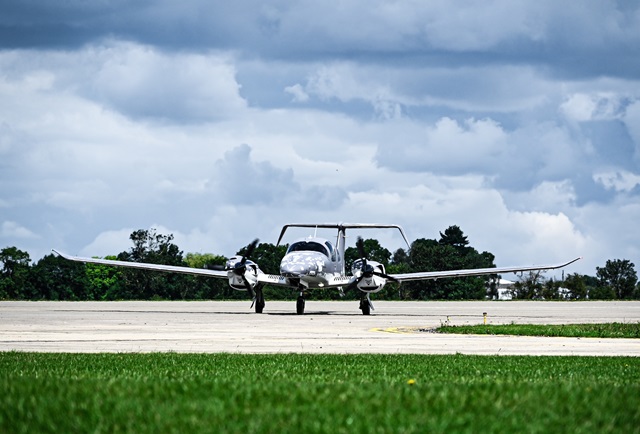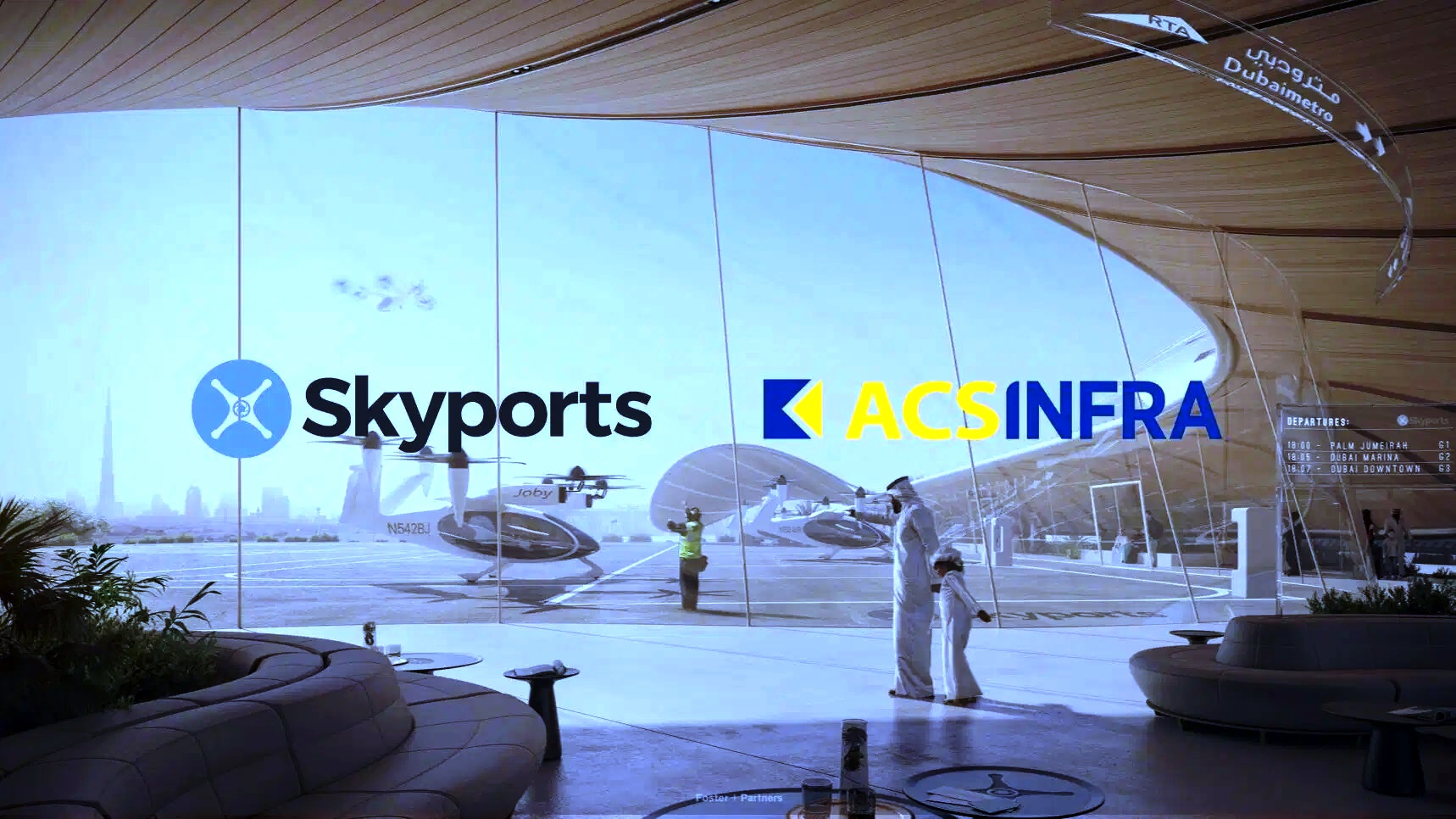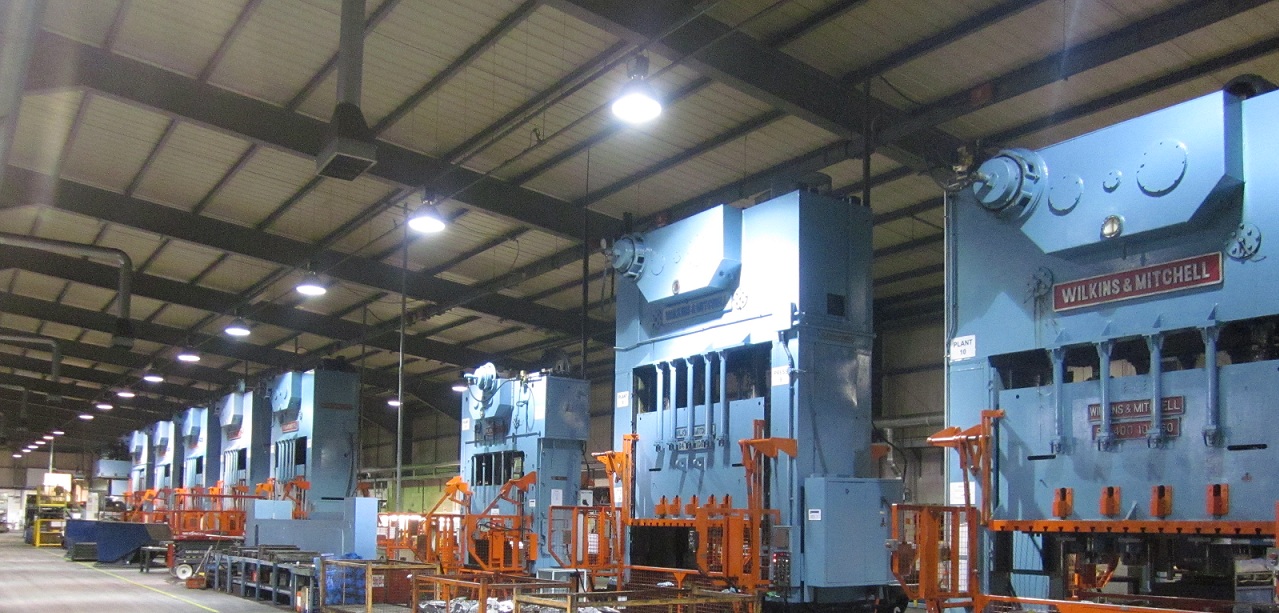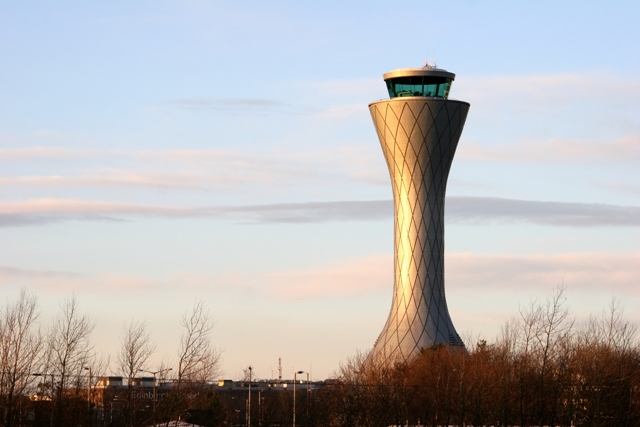Aerospace and defence sectors to lead in adoption of 4-D printing
Four-dimensional (4-D) printing develops materials that alter their properties and behaviours based on external stimuli such as changes in temperature. This advanced technology is poised to have a disruptive effect in multiple industries. In the near future, 4-D printing will revolutionise the business landscape by printing objects ranging from human organs to parts used in the aerospace and automotive sectors.
New analysis from Frost & Sullivan, Advances in 4-D Printing, expects the aerospace, defence, automotive and healthcare industries to be the first to adopt 4-D printing technology after its commercialisation. Other industries will follow suit as the technology matures.
“4-D printing, an extension of three-dimensional printing, is superior to conventional manufacturing techniques in terms of performance, efficiency and quality, and can create new products with increased capabilities,” noted Technical Insights Research Analyst Jithendranath Rabindranath. “Unlike conventional manufacturing techniques, it facilitates self-assembly of materials required to manufacture parts and products, thereby speeding up the process and reducing the need for labour.”
Much work remains for market participants, as 4-D printing technology is in an early stage of development. Rapid prototyping technology has not yet been widely tested for large-scale applications and physical object manufacturing, and thus the validity of 4-D printing technology for such implementation scenarios has not been clearly demonstrated.
As with any new technology, the initial implementation cost of 4-D printing is an adoption hurdle. In cases where companies are willing to make this investment, product prices tend to be high in order to recover costs incurred and maintain profitability levels in the face of modest production volumes.
“After a few years of mass commercialisation, the cost of employing 4-D printing technology will decrease, prompting several companies across a wide range of industries to integrate this technology into their manufacturing systems,” stated Rabindranath. “Uptake will also strengthen due to the positive funding environment, which encourages confederations, research laboratories, universities, startups and big market participants especially in North America to invest in R&D.”













